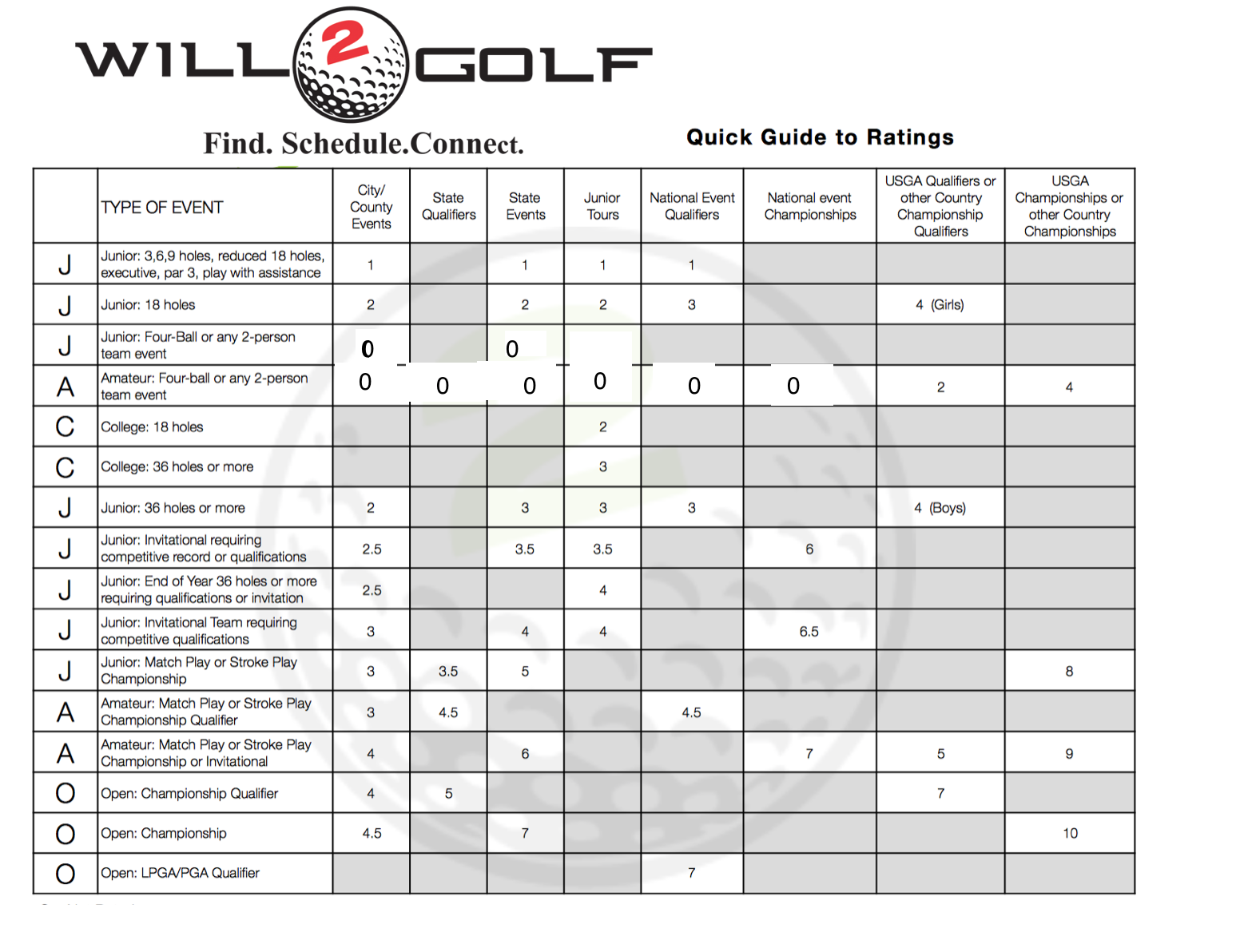

What does it take to ‘Go Low’? Low has a different meaning for everyone. But, we can all continue to improve in many areas in and around our golf game. Golf requires a lot of mind and body control to shoot low scores. Most folks never reach their potential because […]
Wouldn’t it be nice if everything we did in practice would appear when we played in competition? How many times have you played a practice round and every shot was just as you would like and then the next day in the first round, every shot is just as you…...
Maggie Minute- Knock the Sand off of Your Shoes
Maggie Minute- What’s in Your Pocket? Keep some tees, ball mark repair tool and coins in your pocket when you play.
Maggie is joined by former LPGA Tour Player and San Diego State University Women’s Golf Coach, Leslie Spalding. Leslie is an experienced player who shares her knowledge and passion of playing the game. She understands the game through a player’s eyes and thoughts having played college golf at University of […]
How do you prepare to play in front of a college coach? First, let’s get your thinking and perspective correct. Here is something that I hear over and over again… “I was playing great and then the coach showed up and I played terrible. I’ll never get recruited unless I […]
Is it Okay to get Nervous? Why is it okay for professional golfers to admit they get nervous and junior golfers deny that they are nervous? Is it because junior golfers are so on edge all of the time that they cannot feel the difference? Or is it because junior […]
Listen as former student-athlete, Tracy Martin, speaks of her experiences as a college golfer. Learn a few important tips to make the transition easier from high school to college golf and how to be successful at the collegiate level. Listen to the end as Tracy gives a bonus tip!
How to Mentally Prepare for “Those Moments” “Those Moments” happen every round. They occur when our mind wanders from the present to the future and past. You know this is going to happen at some point. Stop kidding yourself that it will not. Everyone has a breaking point. At some […]